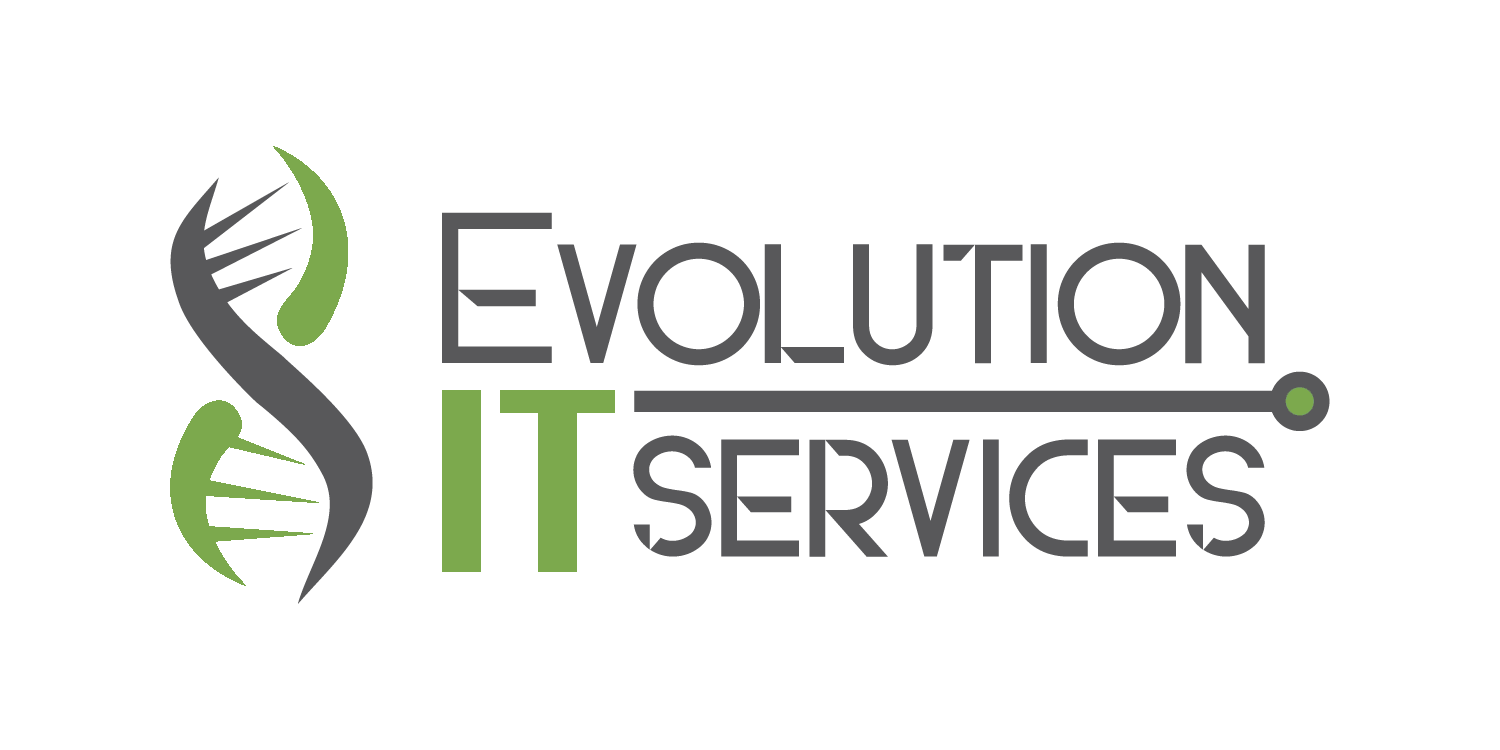
In today’s digital age, information technology (IT) has become an essential aspect of modern business operations. From small startups to large corporations, almost every organization relies on IT infrastructure to streamline processes, increase efficiency, and boost productivity.
However, maintaining a robust and secure IT network can be a daunting task, especially for businesses without dedicated IT personnel. This is where IT support services come in to play – a crucial resource that ensures the smooth functioning of an organization’s technology systems.
In this article, we will explore the intricacies of IT support services, its types, and the benefits it provides to businesses of all sizes. So, sit back and take a deep dive into the world of IT support services, and discover how they can help take your organization to the next level.
3 Major Types of It Support Services
1) Monitoring
Every business, small or large, requires a robust monitoring system to ensure the smooth functioning of their IT infrastructure. The IT support team uses various tools and techniques to constantly monitor servers, networks, applications, and databases for any anomalies, outages, or security threats.
They analyze the data collected from the monitoring system to identify issues and address them before they escalate into major problems. With 24/7 monitoring, businesses can be assured of uninterrupted operations and enhanced performance.
2) Design
IT support services also include designing and implementing the IT infrastructure of a business. This involves assessing the current IT setup, understanding the business requirements, and proposing solutions to optimize the IT environment. The IT support team collaborates with the business stakeholders to develop a customized IT strategy that aligns with the organization’s objectives.
They work on designing the network architecture, server configurations, data storage solutions, and security protocols. The design phase lays the foundation for a robust and scalable IT infrastructure that meets the business’s current and future needs.
3) Active Support
Active IT support is the backbone of any IT service provider. It involves providing technical assistance and troubleshooting to end-users for their day-to-day IT issues. This includes addressing software or hardware malfunctions, resolving connectivity problems, and providing guidance on how to use IT resources efficiently.
Active IT support requires excellent communication skills, patience, and technical expertise. With a responsive IT support team, businesses can ensure that their employees can work without any IT-related interruptions, enhancing their productivity.
3 Benefits of IT Support Services
1) Optimization
As a prudent and forward-thinking enterprise, the most detrimental scenario to encounter is an unforeseen system failure or cyber breach, which can incur substantial financial losses and derail your business operations. That’s where expert IT support services come in, to seamlessly streamline and fortify your technological infrastructure, ensuring it remains unceasingly resilient and unyielding to nefarious cyber threats. These comprehensive services entail proactive detection and remediation of potential tech glitches, preemptively thwarting any impending disasters and enabling your organization to flourish with optimal functionality at all times.
2) Reduce Costs
In today’s fast-paced and tech-driven business landscape, managing your IT infrastructure can be a daunting and exorbitant undertaking, particularly for small and medium-sized enterprises (SMEs) that are already grappling with financial constraints. However, with the advent of top-notch IT support services, SMEs can now optimize their tech-related expenses and reap maximum benefits from the latest tools and technologies without breaking the bank.
By outsourcing your IT needs to trusted and proven support services, you can streamline your operations and stay ahead of the competition without worrying about the hassle and cost of building an in-house tech team. These services offer you seamless access to the most advanced and cutting-edge software, hardware, and cloud-based solutions, which are frequently updated to ensure that your business remains up-to-date and at the forefront of innovation.
Moreover, by entrusting your tech needs to seasoned IT support professionals, you can minimize the risk of costly downtime, boost your team’s productivity and efficiency, and free up valuable time and resources to focus on your core business functions. The cost savings associated with reduced tech-related expenses and increased profitability can be transformative, empowering SMEs to grow and expand in the ever-evolving business world.
3) Consistency
Ensuring seamless consistency in your IT infrastructure is a paramount concern for any discerning business professional. Discrepancies in your technology systems can trigger immense frustration among your workforce and potential clients, leading to downtimes and tarnished reputations. This is where IT support services come to the fore, providing crucial oversight to ensure that all aspects of your IT architecture function seamlessly, without a hint of interruption. By ensuring consistency, these services help streamline your operations and free up your schedule, allowing you to devote more time to your core business activities, and ultimately, driving growth and success for your organization.
The Conclusion
In 21st-century business operations, IT infrastructure has become a fundamental pillar for organizations of all sizes. IT support services are a crucial resource that ensures the smooth functioning and optimal performance of a business’s technology systems. From monitoring and design to active support, IT support services offer a comprehensive range of solutions that can help businesses optimize their tech-related expenses, reduce downtime, and enhance productivity and efficiency. By outsourcing your IT needs to experienced professionals, you can focus on your core business functions, minimize risks, and stay ahead of the competition in the ever-evolving business landscape.


